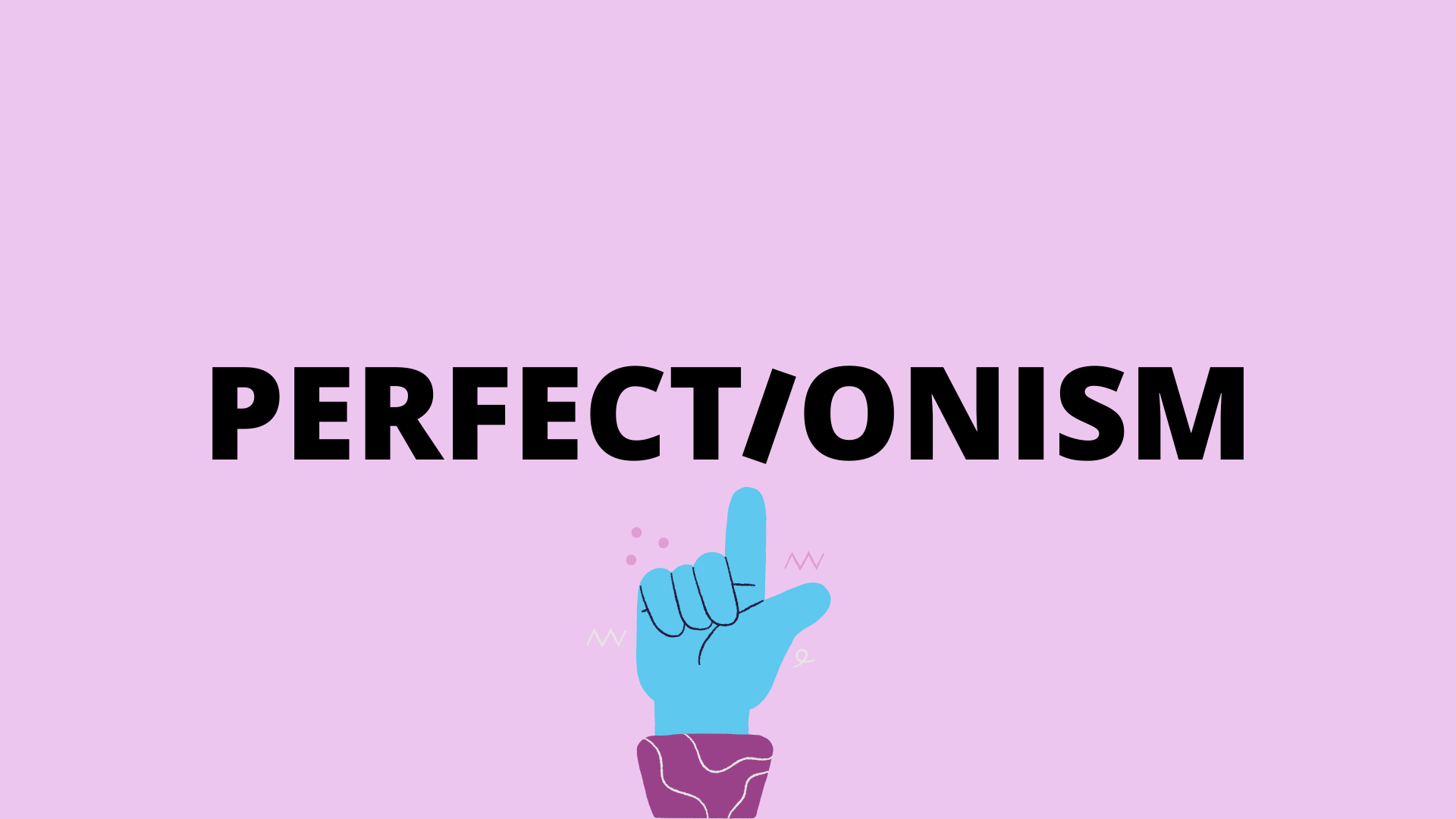Strategies for Overcoming Perfectionism in Writing
Writing perfectionism requires a labyrinth that must be navigated strategically, with a road map carefully designed to free the creative soul from the shackles of self-imposed standards. It’s critical to comprehend the psychology underlying perfectionism. It serves as the mooring point for our voyage to accept flaws. We enter the labyrinth and work our way through it, figuring out its many bends and twists and the strands that tie us to impossible goals. We create the foundation for change by identifying the finer points of perfectionist inclinations, which opens the door to a writing process that is true and unrestricted.
Our mission extends beyond mere recognition; it encompasses the cultivation of a growth mentality, fostering a rich environment conducive to the birth of innovative ideas. Navigating the varied landscape of our creative journey, we confront obstacles with tenacity and resolve, viewing failures not as roadblocks but as opportunities for learning and refinement. In our collective quest, we understand the significance of teamwork, reaching out to fellow travelers equally passionate about storytelling for their valuable opinions. As a cohesive team, supported by the expertise of book writers, we embark on a journey of self-discovery, embracing the imperfect beauty inherent in our craft. This mission becomes the compass guiding us through the realm of book writing services, article writing services, and ghostwriting services. As we open the door to countless opportunities, we find ourselves not just overcoming perfectionism but thriving in the dynamic realm of limitless possibilities.
Recognizing the Perfectionist Trap
Recognizing the sneaky nature of the perfectionism trap is an essential first step in navigating the maze of creative expression. This complex web of self-imposed limitations and unreachable goals has the potential to smother the fundamental elements of artistic freedom. Writers frequently become embroiled in the quest for perfection, thus impeding their own creative process. The light that guides one toward emancipation is the realization of one’s perfectionist inclinations.
We discover the subtle ways in which perfectionism shows up and prevents the words from flowing freely on the page as we make our way through this complex labyrinth. Writers can break down the walls limiting their creativity and enable a more genuine and unrestricted creative process by recognizing and comprehending these patterns. Through this process of self-exploration, we enable ourselves to break free from the perfectionist trap, accepting the flawed beauty that is inherent in the craft of writing and letting the story develop naturally.
Setting Realistic Goals and Expectations
Setting appropriate expectations and goals helps authors navigate the labyrinth of perfectionism in the creative process. Writers must strike a careful balance between practicality and ambition, and every move they take forwards them closer to their creative ideal. Also, writers can traverse the trip with clarity and purpose by breaking down difficult work into achievable stages. By using a thoughtful approach, authors can develop a sense of empowerment and take charge of their creative process.
Additionally, writers liberate themselves from the constraints of perfectionism by wholeheartedly embracing the fluidity of progress. This approach not only permits experimentation but also fosters personal development. As the journey unfolds, authors discover the transformative power of establishing realistic expectations and goals, unlocking the door to infinite creativity and self-expression. In this dynamic process, the expertise of book writers plays a pivotal role, guiding authors through the nuances of book writing services and article writing services. By transcending the boundaries of perfectionism, authors embark on a purpose-driven voyage fueled by passion, where the joy of the creative process becomes the ultimate destination rather than an elusive concept of perfection. This intentional shift in focus propels writers into a realm of storytelling possibilities, unburdened by the stifling expectations of perfectionism, and instead, embracing the boundless potential offered by their craft.
Embracing the Writing Process
In the field of creative expression, authors who want to break through the obstacles put up by perfectionism must first embrace the writing process. Writing a story is like creating a tapestry; it requires many drafts, changes, and inspirational moments. Through immersion in this complex process, writers move the emphasis from the illusive end product to the creative process itself as an artistic endeavor. Every click turns into a brushstroke, adding to the work of art as it develops without the weight of unachievable perfection.
Additionally, with this method, concepts may be explored, voices can be polished, and the flawed beauty that comes with the creative process can be honored. Accepting the writing process releases authors from the grip of perfectionism and creates a space where genuineness grows. Beyond the suffocating hold of perfectionism, authors discover their narrative in this dynamic dance of creation, along with a profound connection to the art of storytelling.
Cultivating a Growth Mindset
Cultivating a growth attitude shines as a lighthouse in the creative arena, helping authors through the darkness of perfectionism. This kind of thinking encourages a paradigm change, turning obstacles into chances for education and introspection. Writers who adopt a growth mindset understand that every phrase, sentence, and criticism they receive is a tool for their development rather than a reflection on their ability. It’s a vibrant dance with the written word, a voyage where errors serve as guides rather than obstacles on the way to progress.
This revolutionary method frees authors from the constraints of perfectionism and promotes perseverance in the face of artistic obstacles. Through acknowledging setbacks as essential components of personal development, writers create an atmosphere that fosters creativity and exploration, opening up a world of endless opportunities. Writing becomes better when one has a growth mentality. It also brings joy and fulfillment to the creative process, which helps one overcome the constraints of perfectionism.
Utilizing Timed Writing Sessions
Timed writing sessions are a practice that many writers find liberating and comforting in their pursuit of creative excellence. This strategic method adds a sense of urgency, encouraging writers to shed the constraining mask of perfectionism and dance energetically with their ideas. Moreover, the ticking clock takes on the role of a friend, urging the creative process through unknown lands with a thrilling sense of abandon.
Writing in a flow state, free from the constant pressure of self-criticism, is encouraged by timed writing sessions. It’s a potent practice that helps authors prioritize expression above accuracy and escape the paralysis of perfectionism. There is a sense of release when the given amount of time is reached, which opens the door to real inquiry and unrestricted artistic expression. Writers who embrace the disciplined spontaneity of timed writing overcome their perfectionist inclinations and rediscover the thrill of unrestrained self-expression, turning writing into a dynamic and rewarding undertaking.
Seeking Feedback and Iterating
Finding a way through the maze of perfectionism in writing frequently calls for assistance and a new viewpoint. In this path toward creative liberation, getting criticism and embracing the iterative process become essential tactics. Also, courageous writers who allow themselves to be constructively critiqued invite the chance for personal development and improvement. Every critique, recommendation, and insight serves as a spark for development, giving the story fresh depth and clarity.
Furthermore, the process of iteration turns writing into a dynamic conversation between author and reader, with each rewrite giving the story a fresh start. By means of this cooperative dialogue, authors overcome the limitations of perfectionism and accept imperfection as an essential element of creative expression. It’s a path of transformation driven by vulnerability and resiliency, where the excitement of creative inquiry blends with the quest of perfection. Iterating and getting feedback are not only tactics in the writing world; they are necessary milestones on the way to becoming a master writer.
Conclusion
The finale acts as a crescendo in the symphony of creative pursuits, bringing the techniques for overcoming writing perfectionism into harmony and transforming them into a catchy call to action. As this investigation comes to an end, urge authors to welcome flaws as allies rather than enemies. The process of self-discovery—which includes using scheduled writing sessions, asking for criticism, and realizing the subtle grasp of perfectionism—is evidence of the creative spirit’s adaptability and persistence.
Invite book writers to apply the knowledge they have received in the grand finale, bringing the transforming power of iterative growth into their writing. Writing is a journey, not a destination, where every word written and every edit made adds to the work of art that is constantly changing. Once the ink dries, authors enter an infinite vista where their stories are freed from the grip of perfection and prepared to enthrall listeners with the subtle beauty of narrative.


